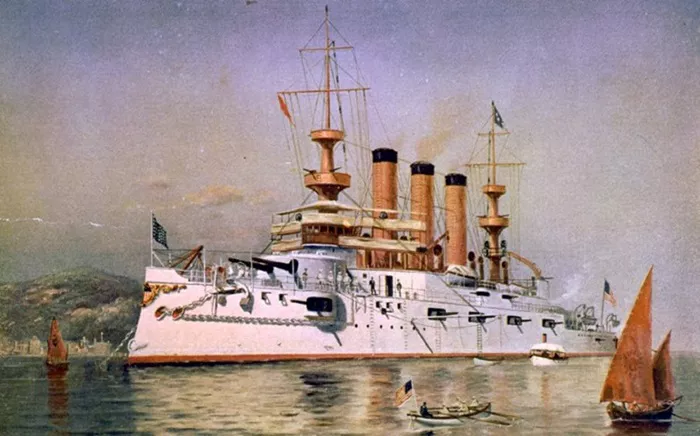July 25 has witnessed several significant events in Australian history, spanning religious milestones, military heroism, political transformations, and technological advancements. This article delves into these occurrences, providing a detailed exploration of their contexts and impacts.
What Happened on July 25 in Australian History?
1. 1857 – Consecration of Matthew Blagden Hale as the First Bishop of Perth
On July 25, 1857, Matthew Blagden Hale was consecrated as the first Anglican Bishop of Perth in a ceremony held at Lambeth Palace Chapel in London. This event marked a pivotal moment in the establishment of the Anglican Church’s presence in Western Australia.
Hale’s appointment came at a time when the colony of Western Australia was experiencing growth and development. As bishop, Hale was instrumental in organizing the church’s structure, establishing parishes, and promoting religious education. He was also known for his advocacy for the rights and welfare of Indigenous Australians, emphasizing the importance of missionary work and cultural understanding.
His leadership laid the foundation for the Anglican Church’s enduring influence in the region, shaping the spiritual and social landscape of Western Australia.
2. 1862 – John McDouall Stuart Completes South-North Crossing of Australia
On July 25, 1862, explorer John McDouall Stuart successfully completed his expedition to cross the Australian continent from south to north. He reached the mouth of the Mary River in the Northern Territory, raising the British flag to signify the achievement.
Stuart’s journey was fraught with challenges, including harsh terrain, limited supplies, and the threat of disease. Despite these obstacles, his expedition provided valuable information about the interior of Australia, paving the way for future settlement and development.
The success of Stuart’s expedition had significant implications for Australia’s expansion, contributing to the establishment of the Overland Telegraph Line and facilitating communication between remote regions.
3. 1916 – Sergeant Thomas Cooke Awarded the Victoria Cross Posthumously
During the Battle of Pozières in World War I, Sergeant Thomas Cooke of the Australian Imperial Force displayed extraordinary bravery. On July 25, 1916, he was killed in action while operating a machine gun under intense enemy fire. His actions held off German advances, allowing his unit to regroup.
For his gallantry, Cooke was posthumously awarded the Victoria Cross, the highest military decoration awarded for valor “in the face of the enemy” to members of the armed forces of various Commonwealth countries. His sacrifice is remembered as a testament to the courage and dedication of Australian soldiers during the Great War.
4. 1975 – David Tonkin Becomes Leader of the South Australian Liberal Party
Following the South Australian state election on July 12, 1975, where the Liberal Party was narrowly defeated, David Tonkin challenged Bruce Eastick for the party’s leadership. On July 25, 1975, Tonkin succeeded in becoming the leader of the South Australian Liberal Party.
Tonkin’s leadership marked a new direction for the party, focusing on modernization and appealing to a broader electorate. He later became Premier of South Australia in 1979, implementing significant reforms in areas such as land rights for Indigenous Australians and environmental conservation.
5. 1994 – Transition to Eight-Digit Telephone Numbers Begins
On July 25, 1994, Australia commenced the transition from six-digit to eight-digit telephone numbers, starting with the suburb of Mona Vale in Sydney. This change was part of a nationwide plan to accommodate the growing demand for telephone services and to standardize the numbering system.
The implementation required significant public education and coordination with telecommunications providers. The successful transition ensured the scalability of Australia’s telephone infrastructure, supporting the country’s communication needs into the future.
Conclusion
The events of July 25 in Australian history reflect the nation’s diverse and dynamic narrative. From pioneering explorations and acts of valor to political shifts and technological progress, each occurrence has contributed to shaping Australia’s identity and development. Remembering these events offers insight into the challenges overcome and the milestones achieved on this significant date.
Related Topics:

